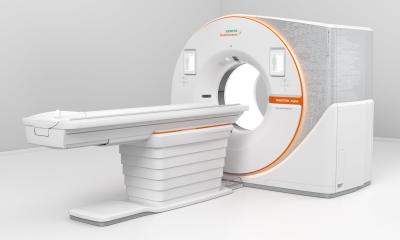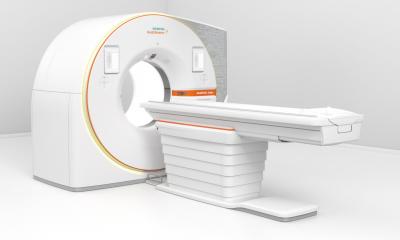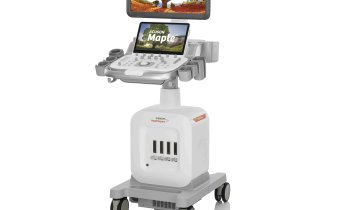Working with Soarian Integrated Care (Soarian IC), Siemens will provide the software for the WebEPA in one of the biggest e-health projects in Europe.
This WebEPA roll-out follows its successful testing in a pilot project at Herzzentrum in the Leipzig University Hospital and Parkkrankenhaus Leipzig-Südost – both Rhön-Klinikum facilities. After this, an extension to the out-patient area, particularly for general practitioners (GPs), is planned.
The software components include reports, images and medical data relating to findings, a module for consultations among physicians as well as a ‘master patient index’ (MPI) allowing identification of patients beyond a facility. The firms see this joint development as the opportunity to establish a market standard for an interoperable structure spanning the various healthcare sectors.
Siemens has already implemented some 5,000 electronic patient files as part of a pilot project, for in and out-patient areas, in the entire Limousin region of France.
The company also reports that a screening programme for the early detection of diabetic retinopathy with 213,000 registered patients has been under way for over a year in Scotland.
In Germany, Siemens will conclude framework agreements for connectors (interfaces between existing information systems and central telematic services) and field tests will be launched next spring.
Rhön-Klinikum has also joined with other hospitals, public facilities and the Fraunhofer Institute of Software and Systems Engineering (ISST) as part of the electronic case file (eFA) project, to form an open consortium, and has chosen Siemens as its industrial partner, and both are now working on the specification for the eFA. In future the WebEPA will pool all data of a treatment case based on the eFA standard, Siemens reports, adding that it expects the eFA to make an important contribution towards the telematic infrastructure being planned by the German Federal Ministry of Health.











